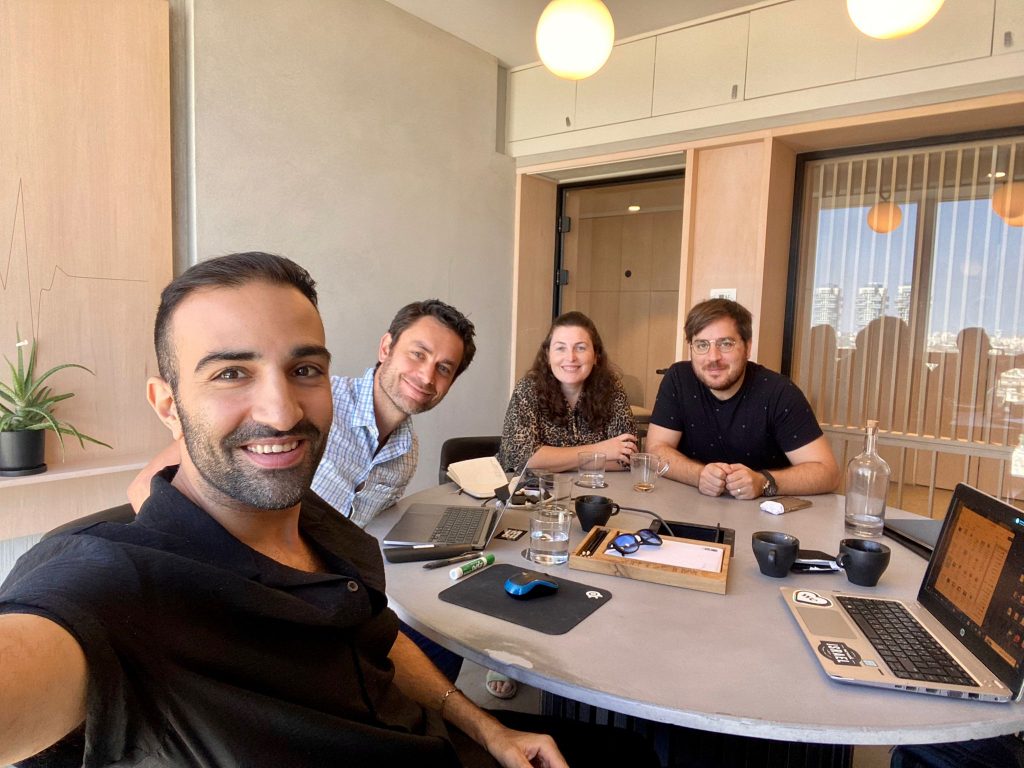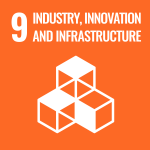 Goal 9: Industry, Innovation and Infrastructure
Goal 9: Industry, Innovation and Infrastructure
BUILD RESILIENT INFRASTRUCTURE, PROMOTE INCLUSIVE AND SUSTAINABLE INDUSTRIALIZATION AND FOSTER INNOVATION
Research
Automated Recognition of Pain in Cats
Information Systems Department Prof. Ilan Shimshoni, Marcelo Feighelstein, and Prof. Anna Zamanski published Automated Recognition of Pain in Cats in Scientific Reports, expanding research on computer vision and robotics through this comparative study of two different paths towards automatizing pain recognition in facial images of domestic short haired cats.
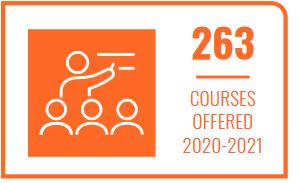 Precision Medicine to combat Parkinson’s
Precision Medicine to combat Parkinson’s
In the Precision Disease Modeling lab, Dr. Shani Stern and team focus on finding cures for Parkinson’s disease, bipolar disorder, and rare cognitive mutations that lead to intellectual disability, epilepsy and autism. Applying molecular biology combined with biophysical, electrophysiological, and numerical simulation platforms, adult cells from human patients are reprogrammed into pluripotent stem cells. The team aims to develop precision medical programs that are based on the underlying mechanisms they identify in studies such as the two recently published in Molecular Psychiatry.
SeaErra: Underwater Visibility
Until recently, one of the major obstacles to studying underwater life was poor visibility. Led by Prof. Tali Treibitz of the Leon H. Charney School of Marine Sciences, the Marine Imaging Lab has created a line of products and solutions to improve our ability to see underwater. Carmel-University of Haifa Economic Corporation Ltd. made a seed investment to advance the SeaErra Lab’s groundbreaking algorithms and tools so that SeaErra could bring its patented suite of innovations to market.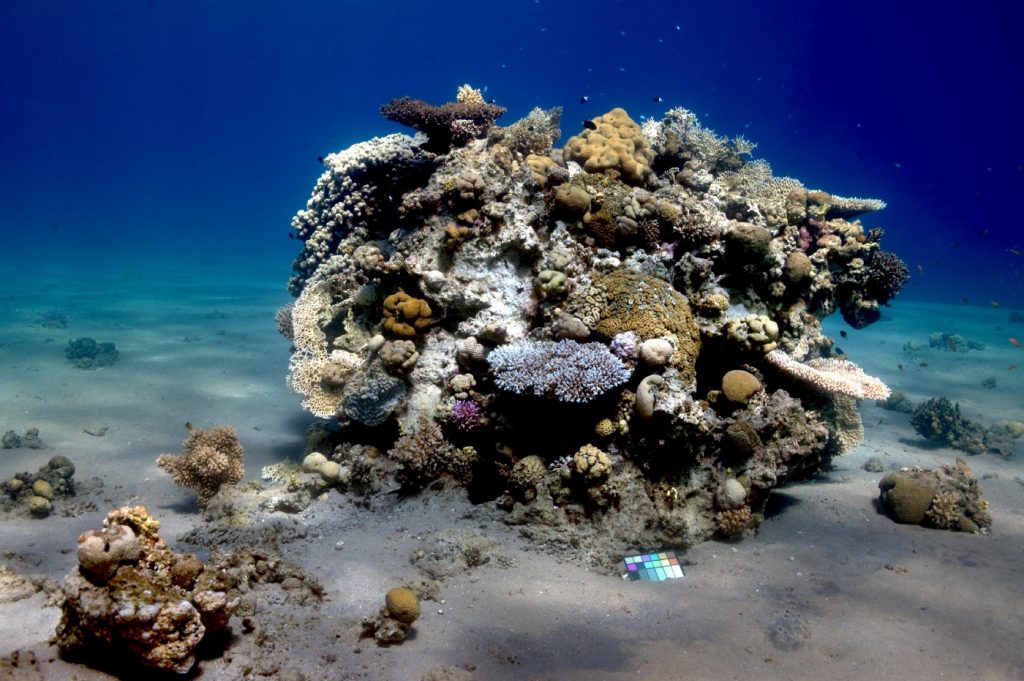
Public Engagement
Managing Long Wait for Psychiatric Treatment
Aviv Kushnir is a graduate of the MA in Psychodrama program. With guidance and support from the Haifa Innovation Lab’s (HIL), Kushner developed WellPlay in response to patients’ complaints he heard while working in the psychiatric hospital. They said they had to wait months before being treated, often isolated at home with no friends or family. Together with the director of the hospital, he developed an application that allows patients to receive treatments online while they are waiting.
Social Innovation and Entrepreneurship
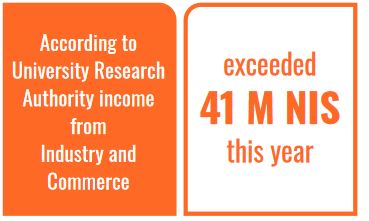 In its first year of activity, Kayama, the training Center for Social Innovation and Impact Entrepreneurship at UofH, organized an event on ‘Clean Investing,’ and launched courses on Impact Measurement and Management, as well as AI: Bridging Ethics and Impact. In recognition of the center’s success, the Israel Innovation Authority awarded a significant monetary prize to center leaders, Dr. Maayan Agmon and Stav Bar Shani.
In its first year of activity, Kayama, the training Center for Social Innovation and Impact Entrepreneurship at UofH, organized an event on ‘Clean Investing,’ and launched courses on Impact Measurement and Management, as well as AI: Bridging Ethics and Impact. In recognition of the center’s success, the Israel Innovation Authority awarded a significant monetary prize to center leaders, Dr. Maayan Agmon and Stav Bar Shani.
Learning & Students
International MBA in Sustainability
Israel is a world leader in developing sustainable technology, renewable water and energy resources. The Global Green MBA Program is a one-year English program that prepares students for careers as sustainability managers in corporations, small businesses, non-profit organizations, and governmental agencies.
Assisting People with Low Vision through AR
Under the direction of Dr. Sarit Szpiro from the Faculty of Education, AmpliLab develops novel ways to enhance people’s abilities with technology and training. Rami Salameh is MA student in Computer Science and Information Systems who is creating augmented reality glasses (i.e., Hololens) that can be used to assist people with low vision in tasks like mobility and shopping.
Operations
Science and Technology Scholarships
Together, the Dean of Students Community Engagement Unit and Ministry of Science and Technology, allocate scholarships to 49 undergraduates studying science and technology. As part of the scholarship program, students provide academic support to area high school students studying science and technology.
